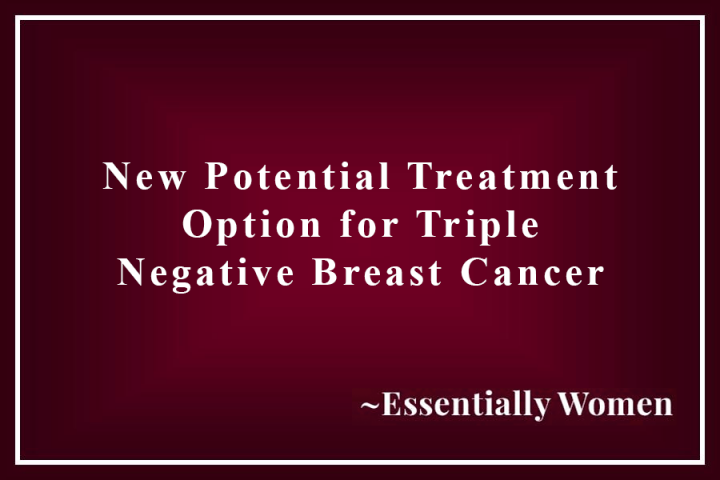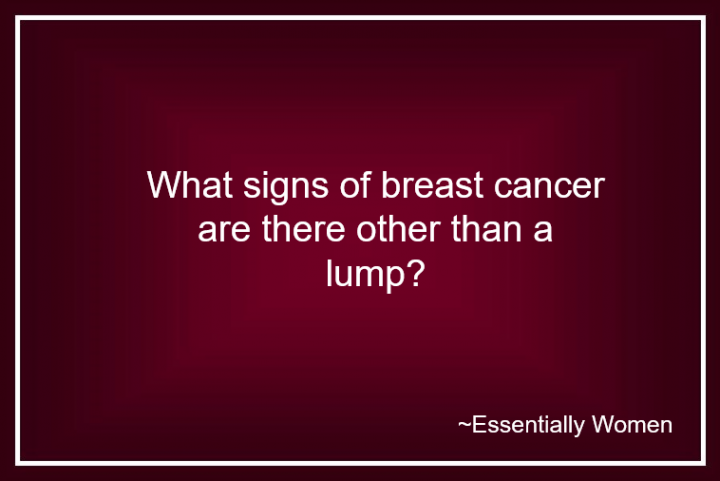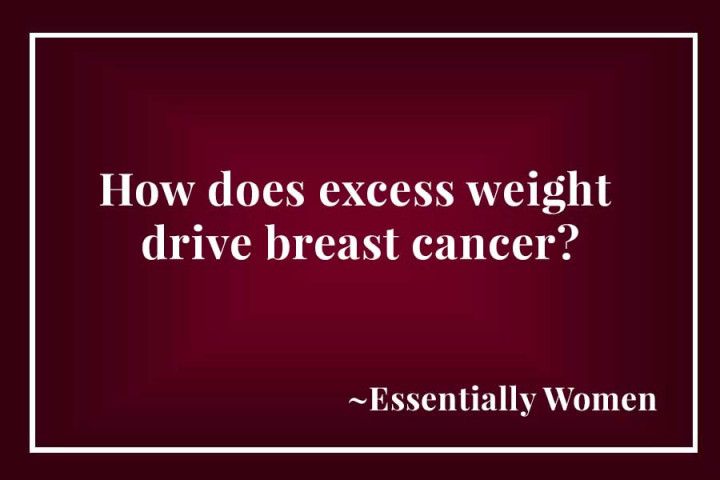Bella Intimates
New Potential Treatment Option for Triple Negative Breast Cancer

A person reaches menopause after 12 months without having a period. This stage follows a transitional period called perimenopause, where estrogen and progesterone levels in the body fluctuate unpredictably. These hormonal fluctuations commonly cause breast pain.
Sore breasts, also known as mastalgia, are also very common during menstruation. This is because hormonal changes cause fluid to build up in the breasts, making them feel swollen and tender. During perimenopause, the hormonal fluctuations are more dramatic. It is also common for breasts to get bigger or smaller or to change in shape during this period.
Breast pain around menopause may also feel different. Instead of a dull ache, people may experience burning or throbbing pain. Breast pain should go away after a person completely stops having periods and enters menopause. However, having hormone therapy during menopause can increase the risk of continued breast pain. Experiencing breast pain after menopause is less common, and people should not assume that it is due to hormonal changes.
Treatment and Home Remedies
Breast pain and discomfort should go away once menopause starts and estrogen levels drop. However, it can cause significant discomfort during perimenopause.
People can take over-the-counter (OTC) pain medications such as ibuprofen to treat sore breasts. Making lifestyle changes can also help to relieve the discomfort that sore breasts can cause. It may help to reduce salt consumption and drink more water, as mild dehydration causes fluid retention, which may worsen breast pain.
Avoiding caffeine can also help to reduce tenderness. Some people believe that maintaining a diet low in saturated fat may relieve breast pain too, as this can reduce estrogen levels.
Other remedies and lifestyle changes that may help sore breasts include:
- wearing supportive bras that fit comfortably
- exercising regularly
- applying a warm compress
- avoiding smoking
- taking a hot shower
- reducing caffeine consumption
When to see a doctor?
Sore breasts can be uncomfortable, but should not usually be cause for concern.
Some people may worry about breast cancer though, particularly if cysts also develop around the same time. Most breast changes during perimenopause and menopause are normal. However, if someone has any of the following symptoms in addition to sore breasts, they should see a doctor:
- noticeable changes in the size and shape of breasts, particularly if they occur only on one side
- changes in skin texture
- unexplained discharge from the nipple
- a swelling or lump in the armpit or around the collarbone
- a lump or abnormally firm area on the breast
- persistent breast pain
Doctors recommend that women start to have mammograms between the ages of 40 and 45, or earlier if they have specific risk factors. After that, they should have a mammogram every 1 to 2 years, regardless of whether or not they are experiencing any unusual symptoms.
Takeaway
Sore breasts are common in the time leading to menopause. The breasts may also change shape and size during this time. OTC medications and a range of home remedies can help to relieve the discomfort of sore breasts. While breast pain at this time is unlikely to be a sign of breast cancer, anyone with additional symptoms should speak to a doctor.






